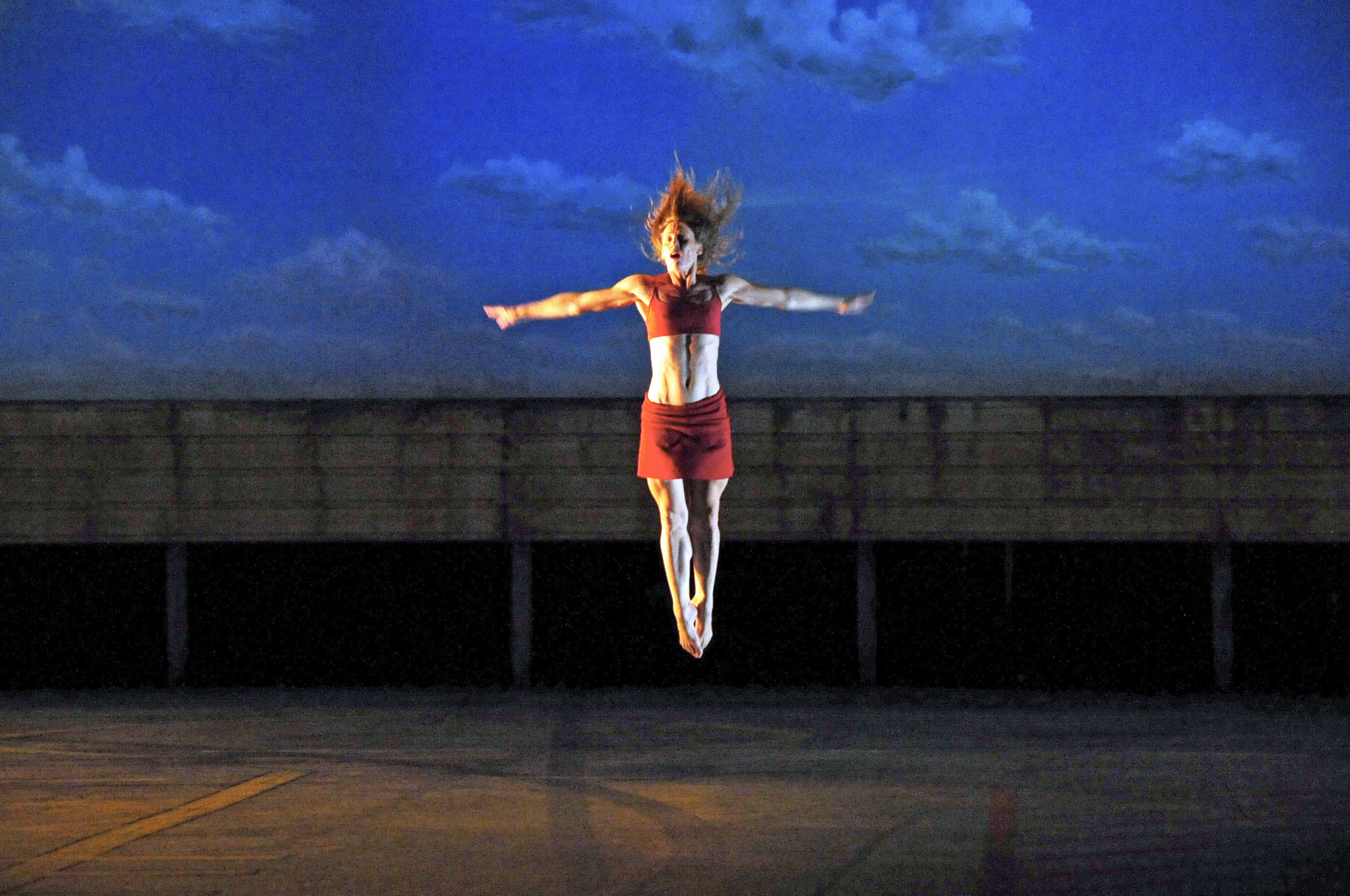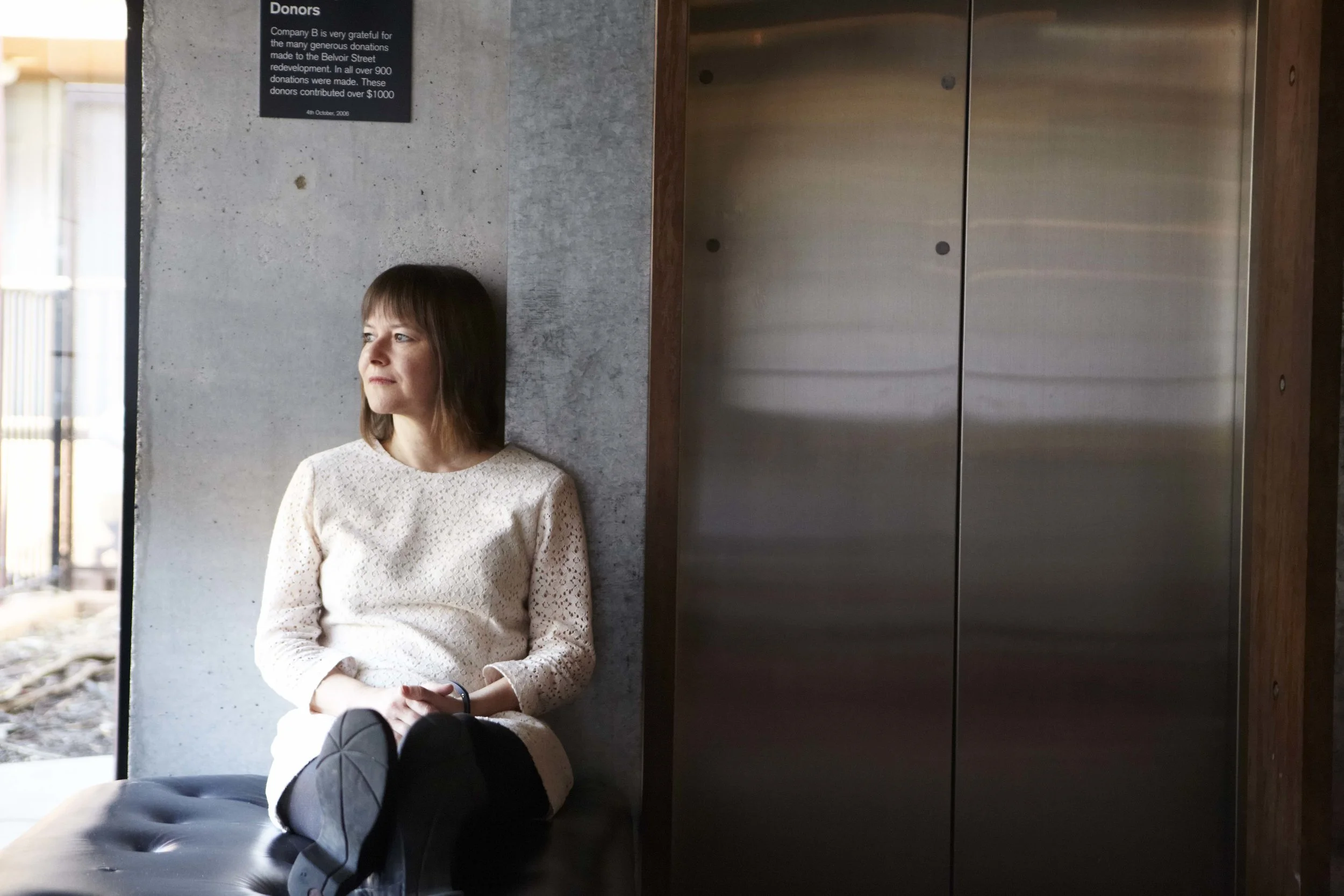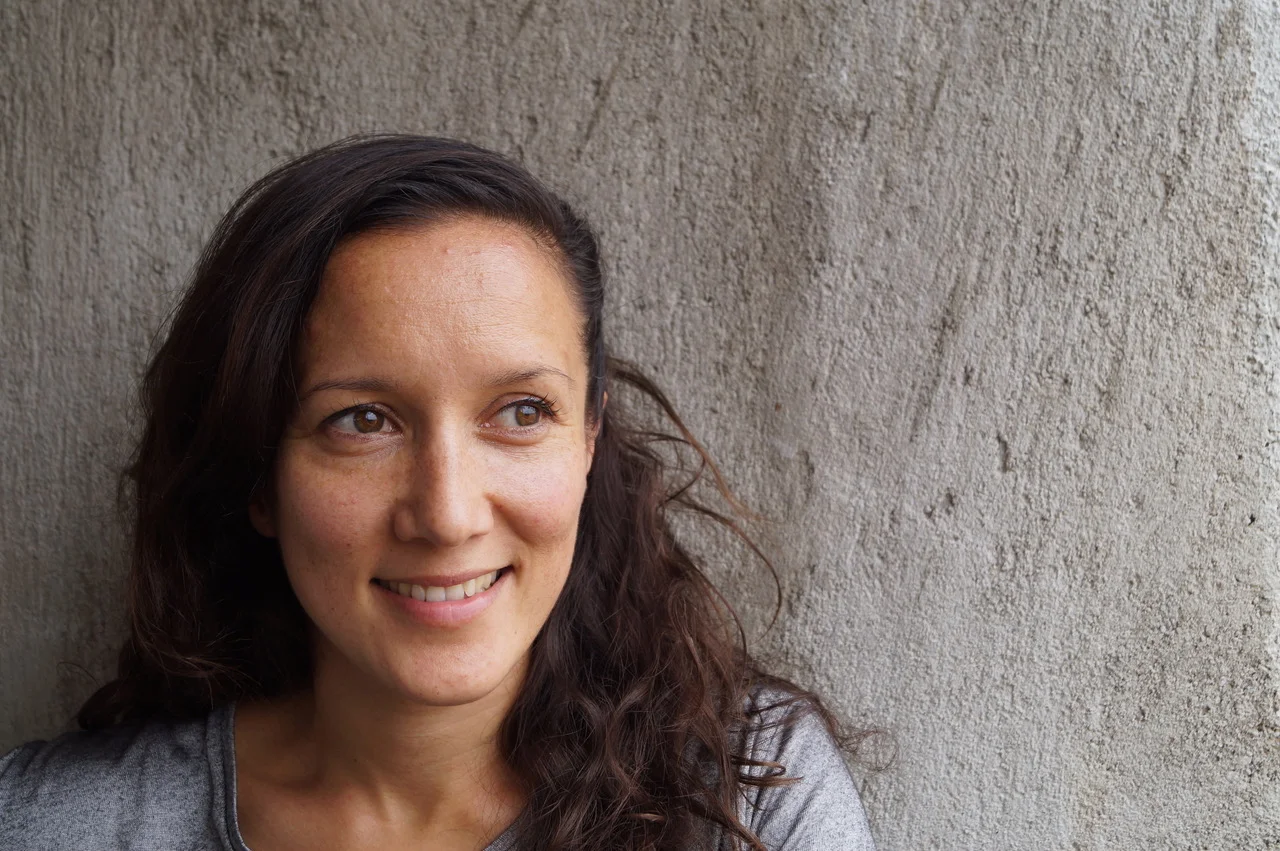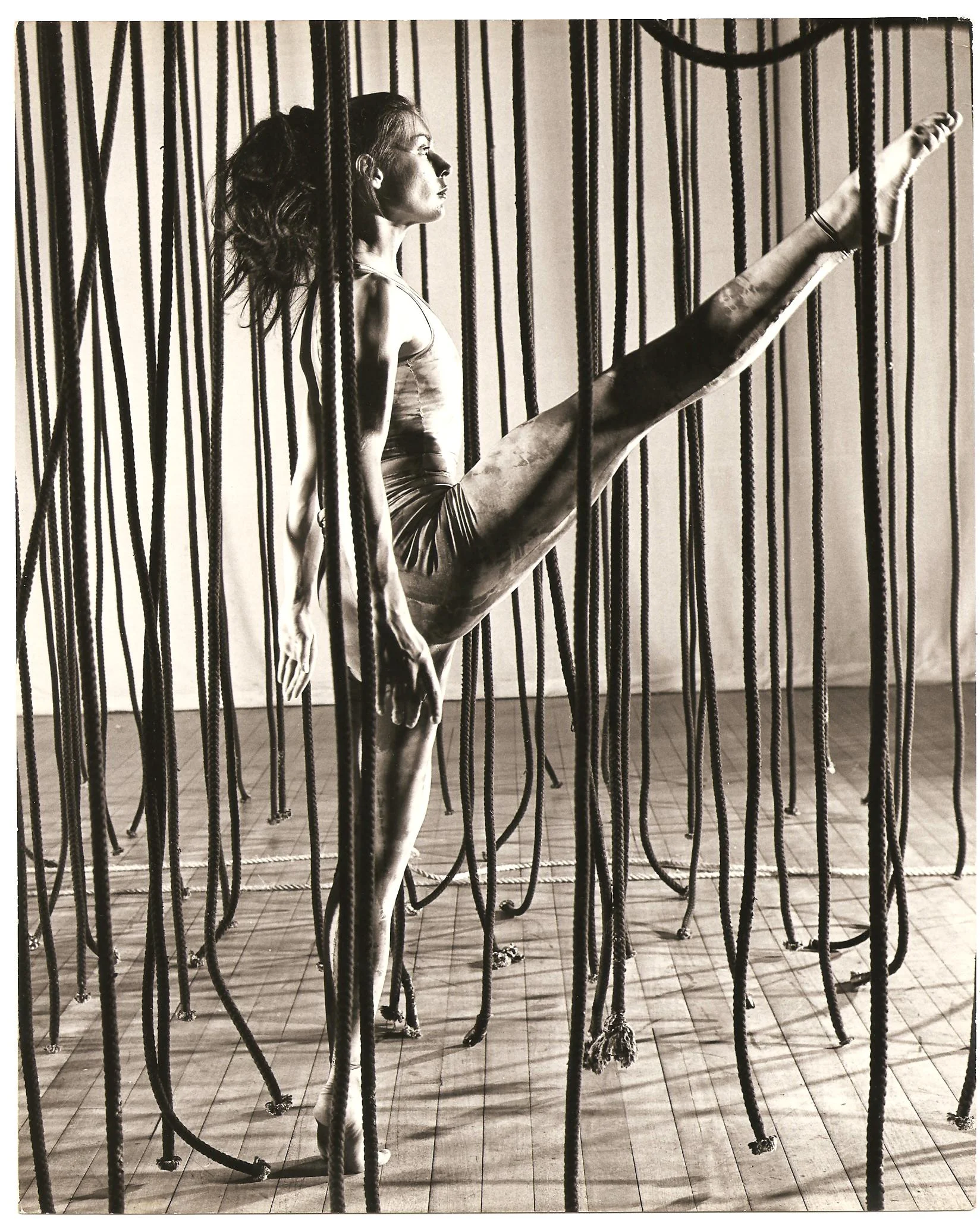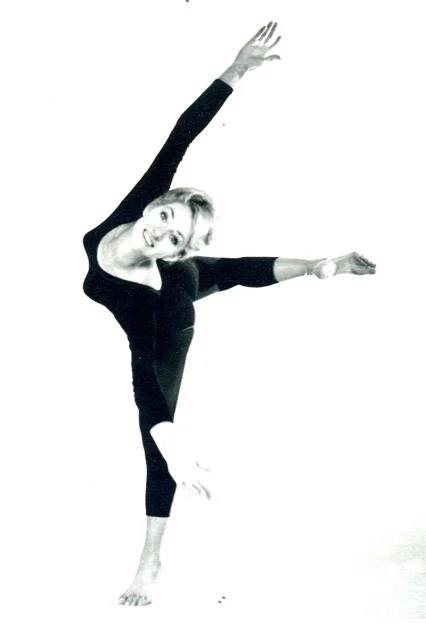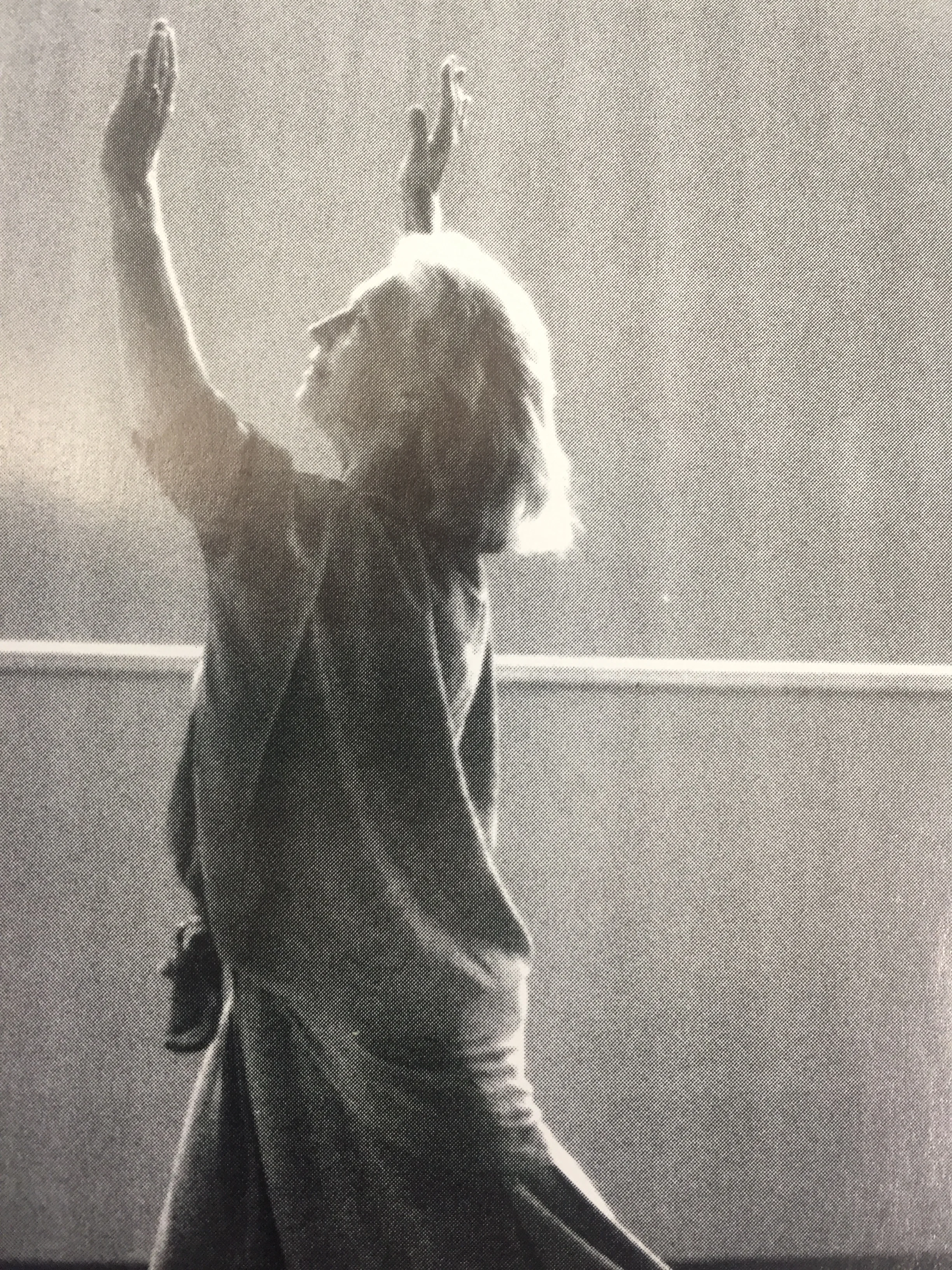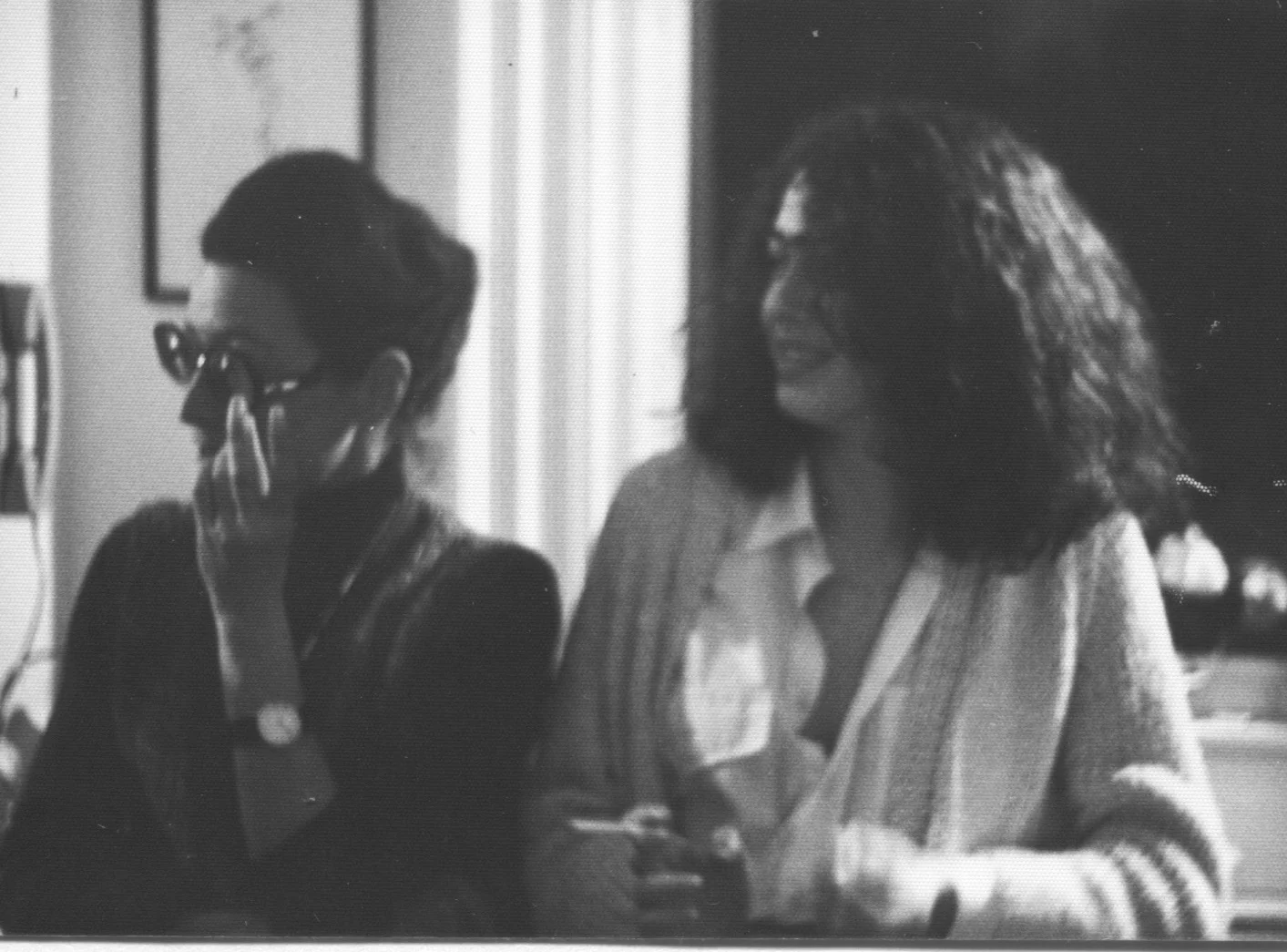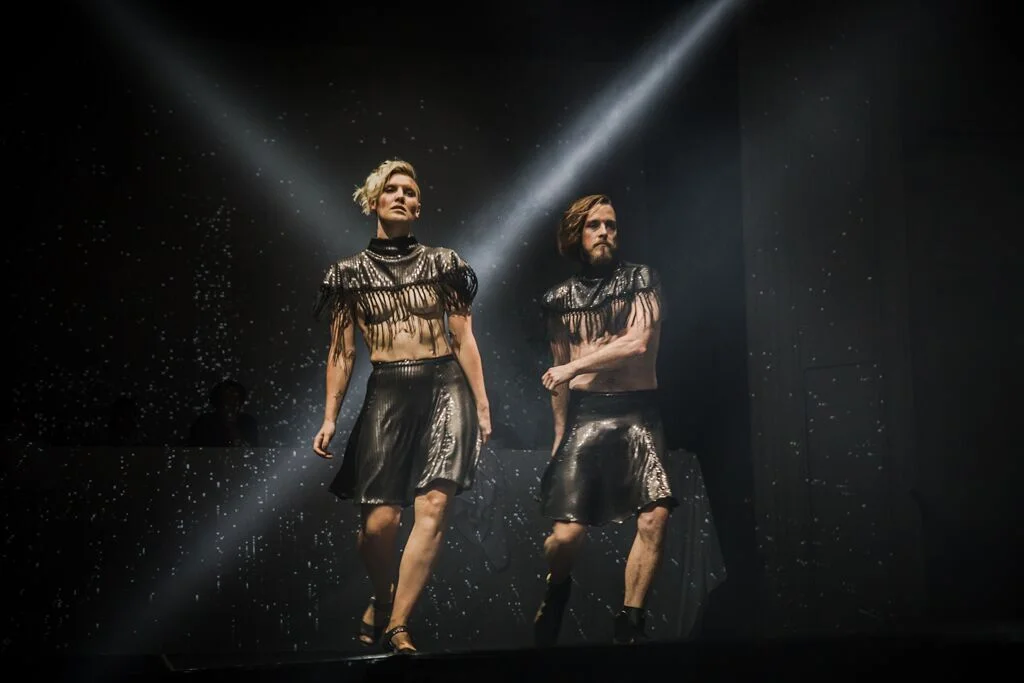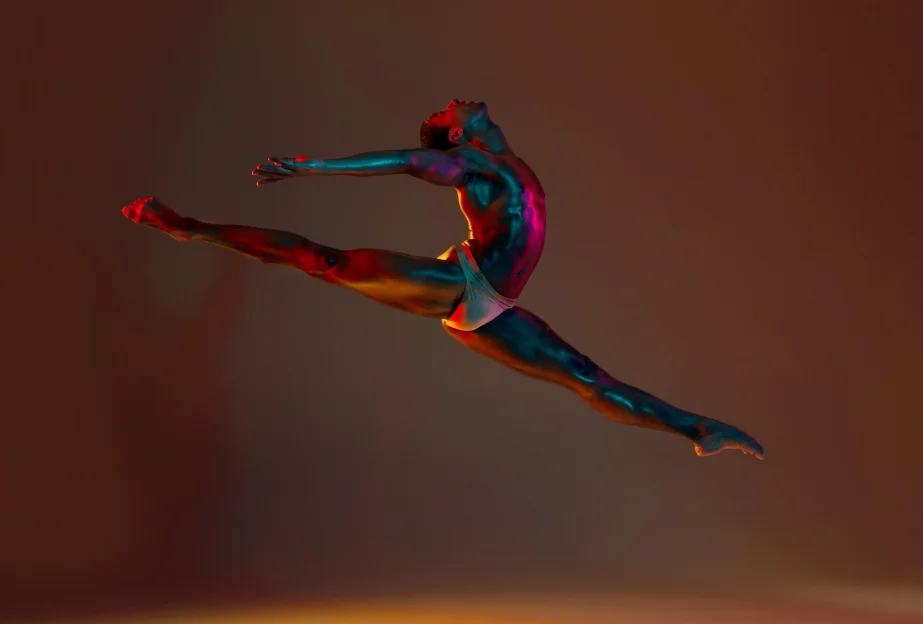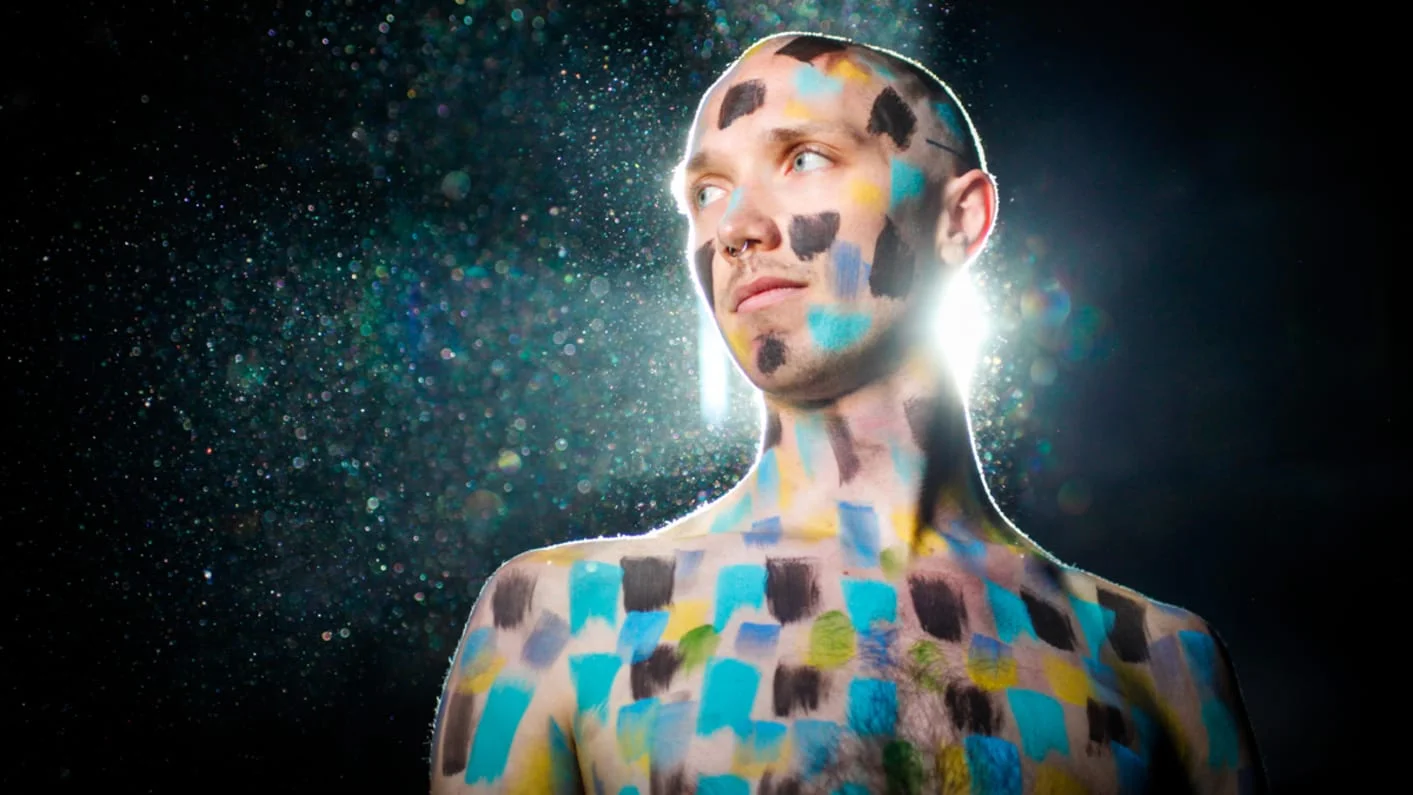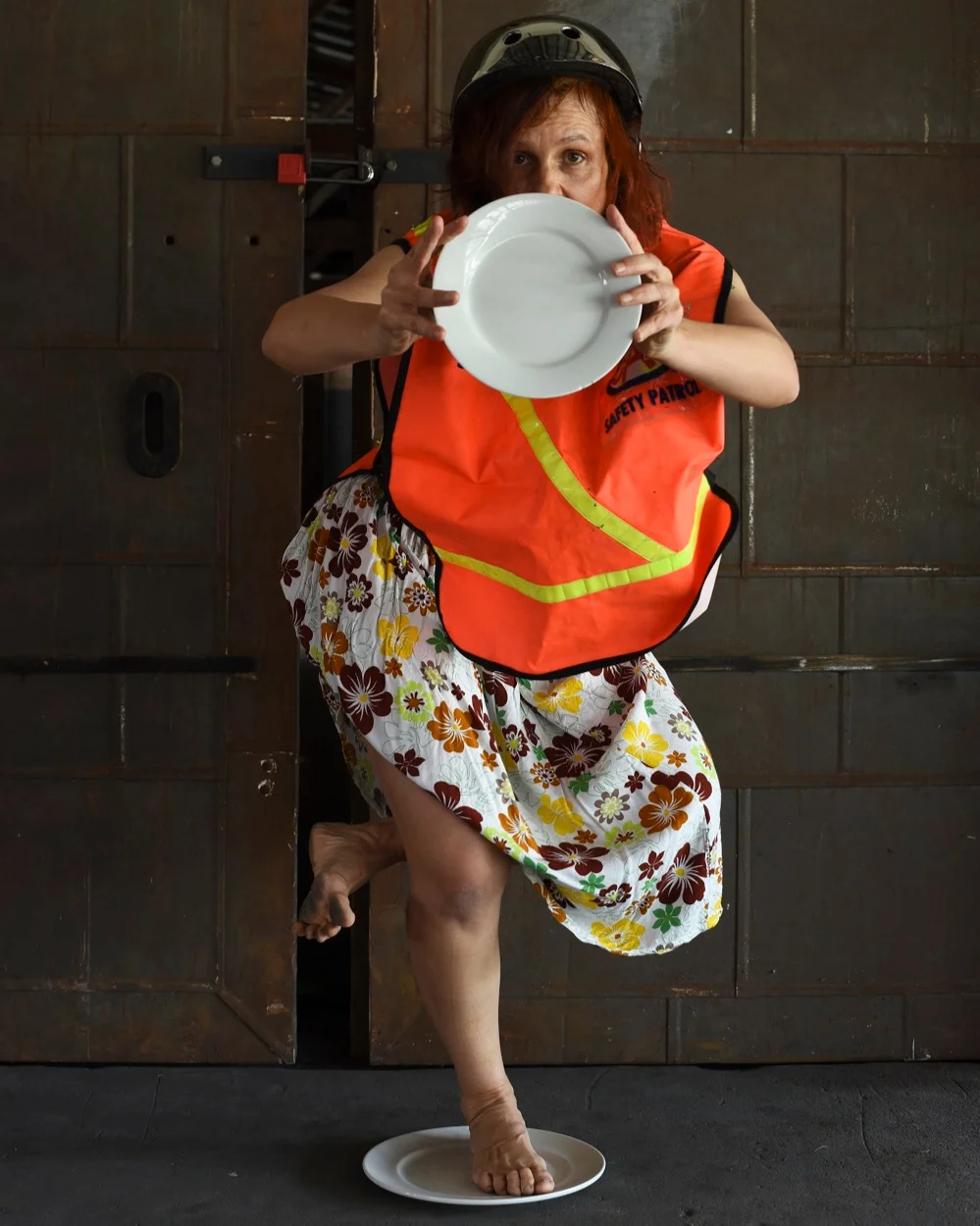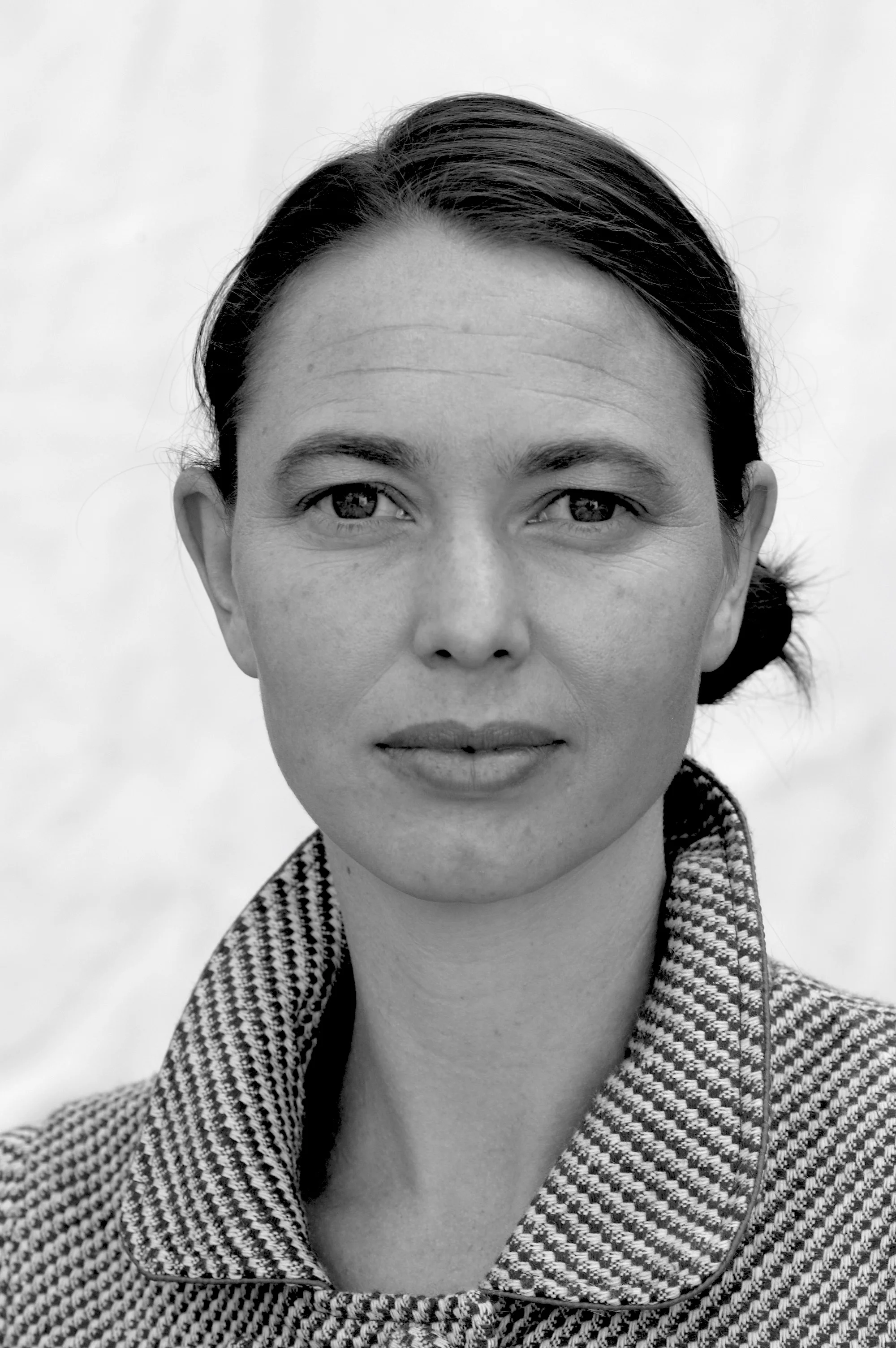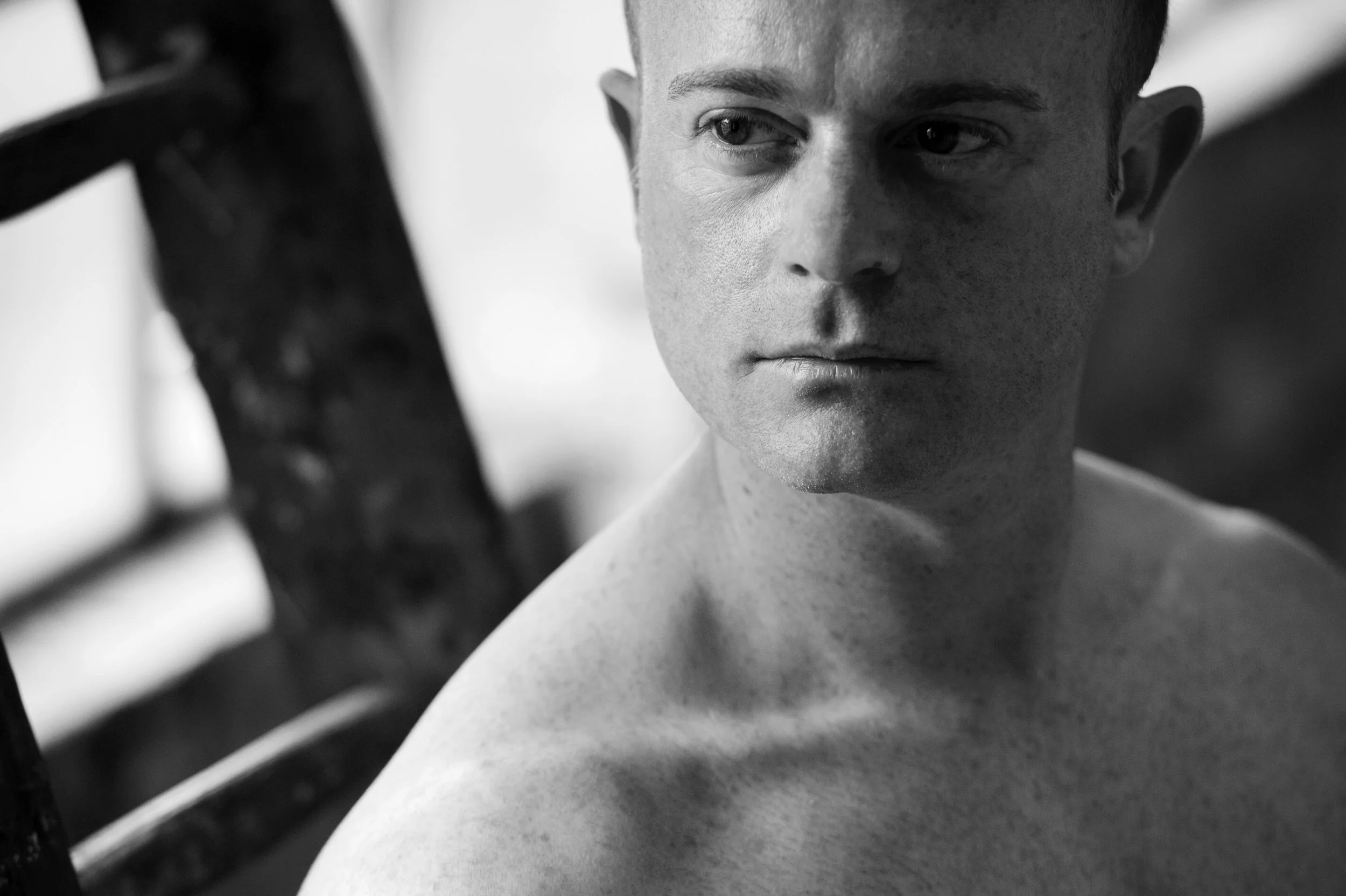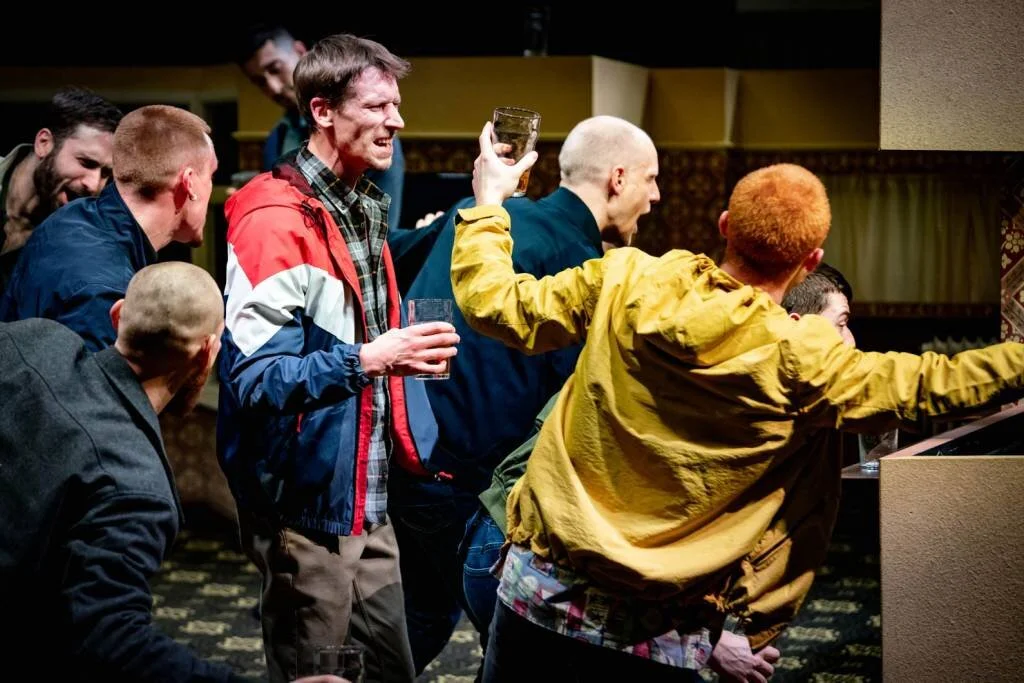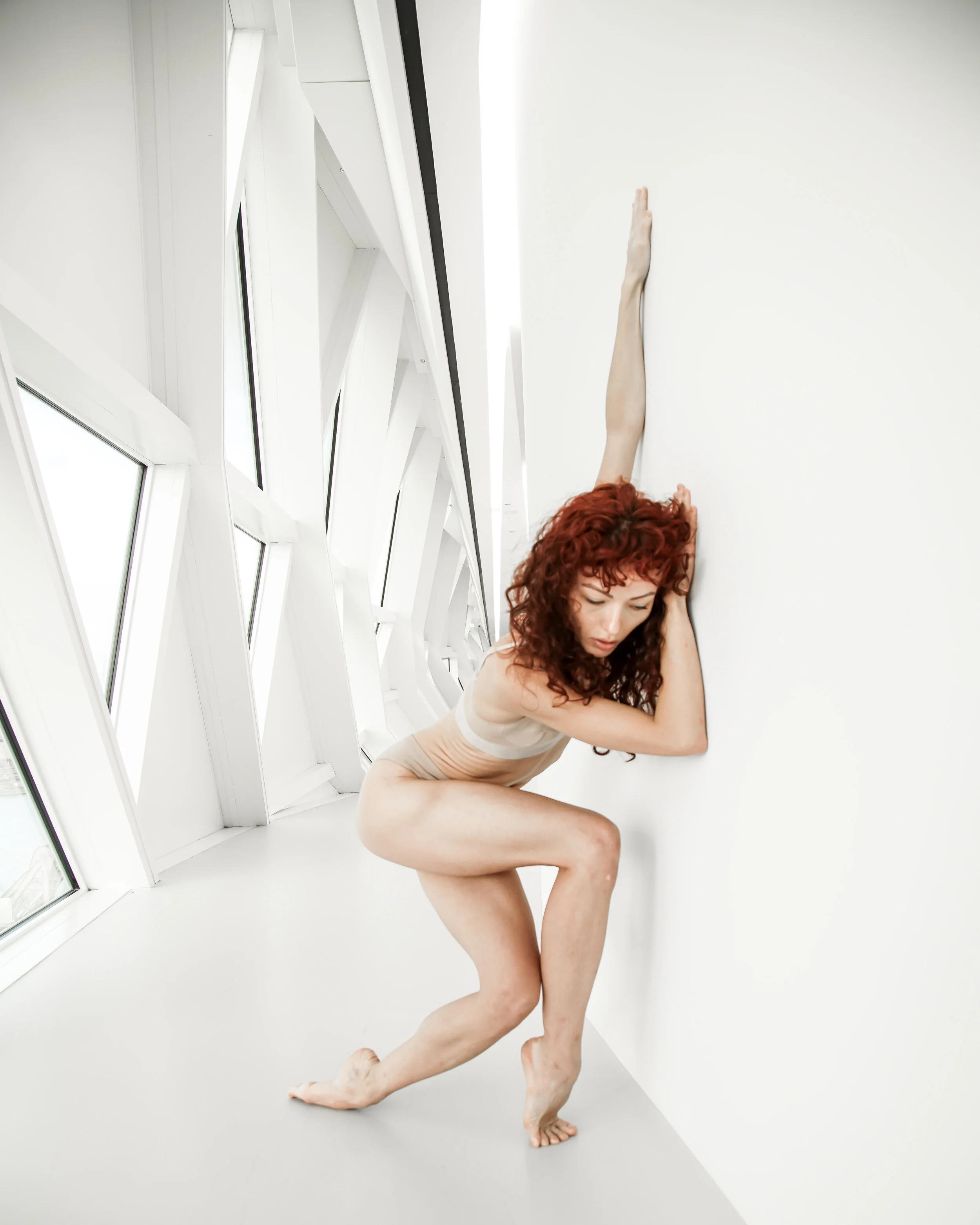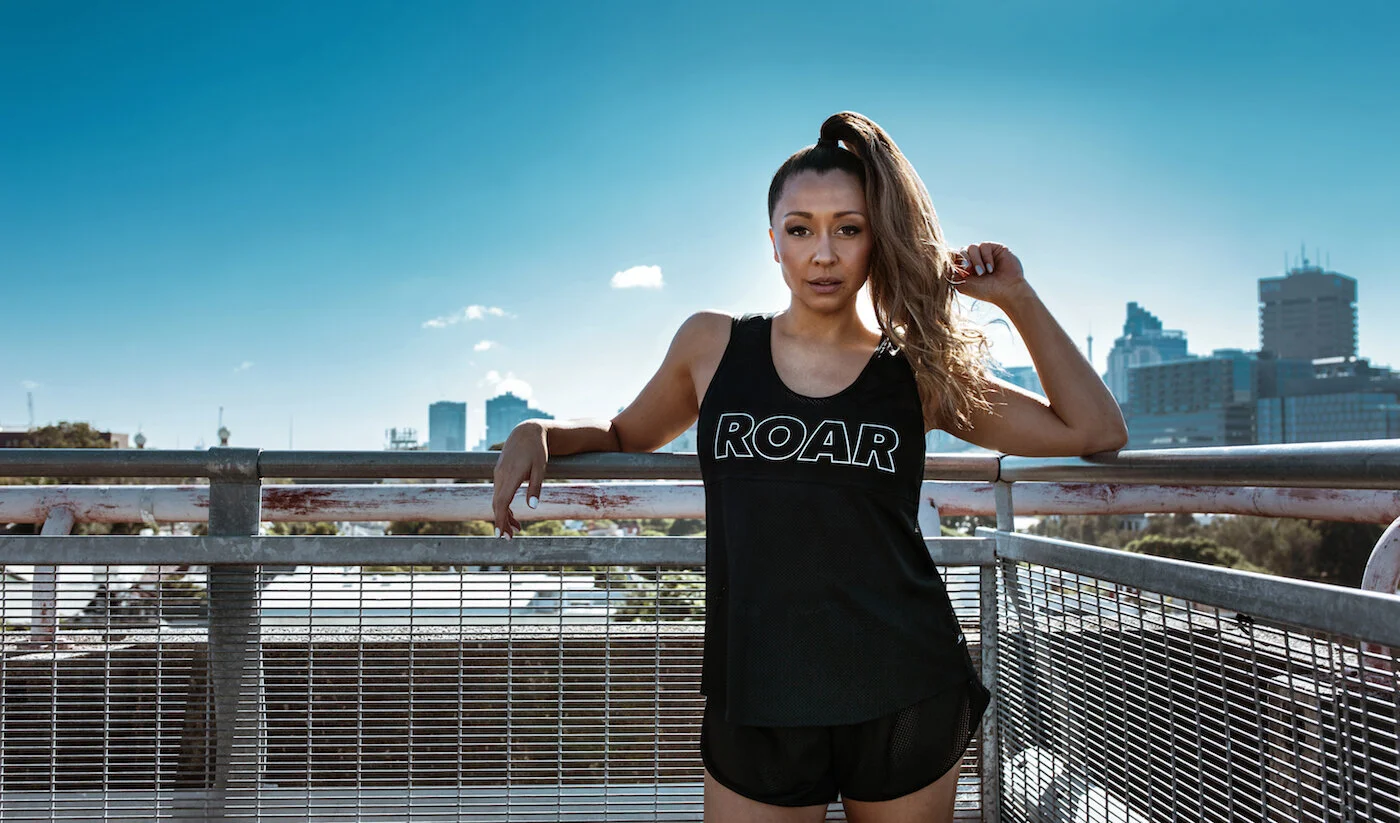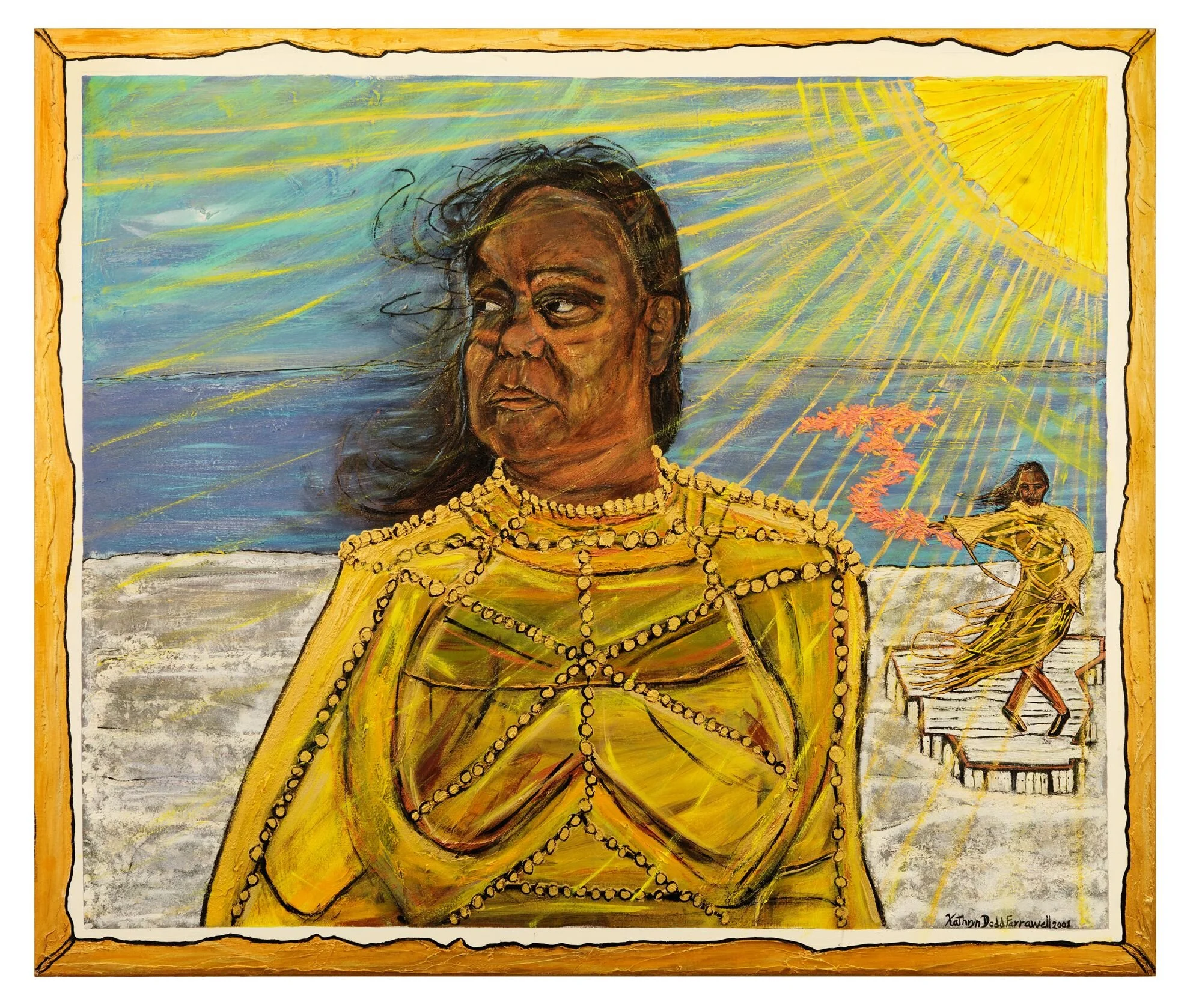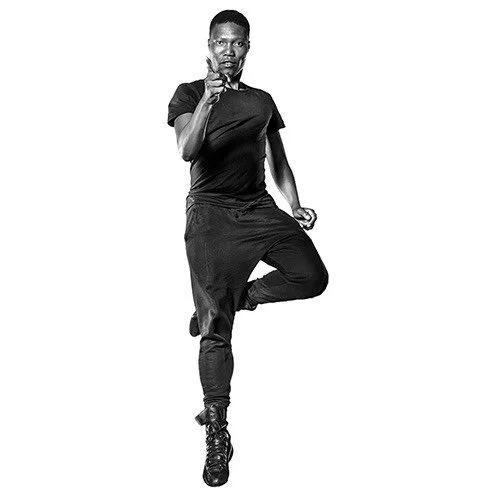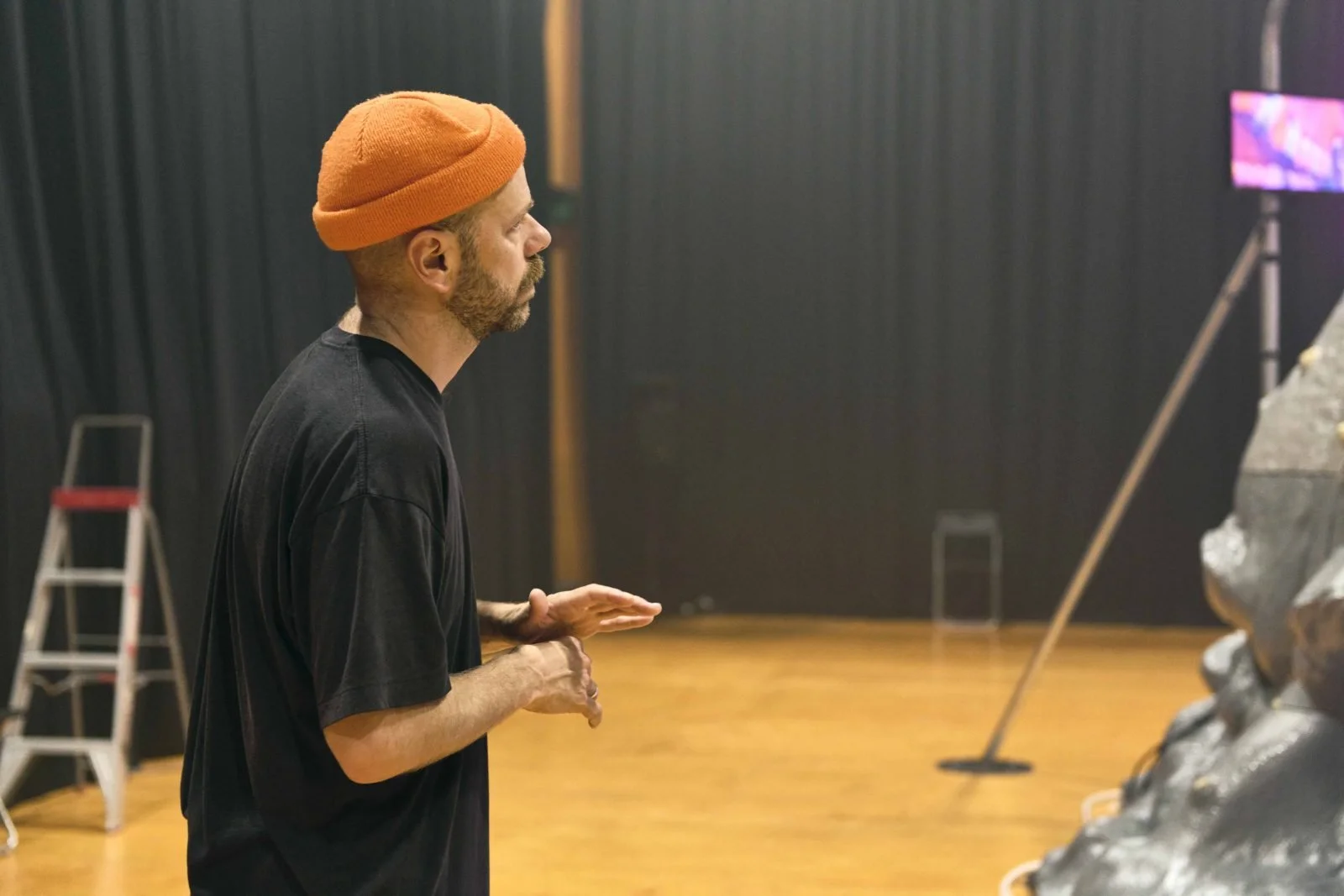Previous Seasons
Archive of all previous seasons.
Season one- the pilot season
“Branding it as contemporary dance is bad for marketing. Contemporary dance is often seen as elitist, boring […] for snobs by a very large section of the public.”
“I didn’t have a great interest in having a dance company or directing a dance company, it came out of necessity. […] My interest has always been about making work.”
In this conversation we discussed Kylie Minogue, dance, leadership, inspiration and arts funding.
Deborah Jowitt is one of the most accessible dance critics, spending her life capturing the diversity of dance in her reviews, particularly in New York City. Jowitt’s work focuses equally on ballet and modern dance with a love for both styles.
“My hair would never go neatly into a bun … I didn’t know any of the ballet language… I think that it can actually be a positive, because you want individual voices in the arts.”
Season two
“People say to me, ‘are you still dancing’, and I go ‘well what is dancing? What does dancing mean, I go into the studio and put music on?’ Maybe I dance when I play with my niece. […] we are sort of dancing everyday aren’t we?”
“I am interested in how we talk about dance. Because: a. I think many people are scared about it, they don’t really understand it. b. we don’t often, really get to uncover it, and talk about it much. ”
— Sue Healey
This interviews covers a look at Melbourne in 1940 and 50s, Noel’s professional career, his latest book, the AIDS epidemic and his being at the Stonewall Riots. This wide-ranging conversation contains adult content, listener discretion advised.
“I like working with the dancers, I like working on the detail of the choreography and the structure of the work.”
“I will never forget…Ian filled the room. He filled the room with energy, with his passion, with his power. That was it. I was sold […] I wanted to be a dancer”.
Season Three
Focusing on the diversity of dancers experiances.
"It is easier to change an aesthetic rather than a physical form, so by having different bodies on stage you then start to change the aesthetic, which then starts to change peoples perspectives."
“the weirder you are the more unique you move, the more you are going to get hired for that role”
“I think when people are exposed to something, like queer dance or queer art, it can either trigger two things: it can firstly make them want to learn or understand it, or secondly, they refuse it because it scares them. I think both actions can trigger change.”
“Dance has that very exclusive possibility to express something physically, something that other forms aren’t able to express….watching a body go through some kind of negotiation, experience or sensation, which as an audience you can share”
"Being Indigenous now means you are influenced by not only your traditional heritage but by pop culture, western education, sexuality … there are so many things that influence us now as Indigenous peoples. So from my point of view, that’s where my work comes from, that point of diversity
Season four- Ancestors & Anecdotes
This special season of Delving into Dance is a partnership with Ausdance Victoria exploring the perspective of some of Australia’s female dance pioneers.
SEASON FIVE
Dance often relies heavily on strong collaborations; a synergy between movement and music, choreography and the body, lighting and sound.
“With dance it sort of felt right, I felt I could be myself and express myself, when I was dancing.”
“I have committed to rest of my dancing life, to making dance as inclusive as possible because my experience was very welcoming.”
“The biggest role of being a curator is to be a storyteller, because ultimately you want to invite people in and share something that you think is wonderful with an audience.”
“I really love to see dance as a place of exploration, where you actually try to capture something that is not really conscious.”
Season six- Gender in dance
This season complements the release of a major report in the Gender Equality in Australian Dance.
“What is very specific about dance is that our profession is directly linked to our body and that invites a blurring of the private and the professional, that can often be sort of liberating, but it deviates away from a certain norm of how we think about our bodies. But I think it can also be very confusing and problematic, especially because, we have been trained in education to push our boundaries - so to talk about boundaries is a very interesting conversation”.
“We need to work harder to make sure that everyone has equal opportunity to make that work”
“Sounds like a Hallmark Card, but focus on what your gift is, what your talent is, what you are. Know that if someone’s offered you a job it is because they have seen something individual in you and try and cherish that. […] Don’t try and be someone else. […] There is nothing more exciting than seeing a dancer who is completely individual. They don’t need to be perfect, but to have that flame inside.”
Season Seven- Challanging the everyday!
“As dancers and dance scholars we have the ability to articulate how embodied senses of self in the world and how specific embodied practices come to have social meaning, and how those presumed meanings circulate in public discourse, influencing public policy and political claims, with long term and complex results.”
“I try to make the ballet world a lot more colourful, diverse and a lot more inclusive.”
“The fact that the sexual undertone, or the desiring undertone that a lot of dance is operating through, for me it was very important to make it explicit. To actually say ‘okay part of what is happening here is a question of desire, it is a question of being stimulated physically. Then there are many different levels or layers of this happening of course. In my work it was about saying, we have to recognise that these underlying structures are there, and if we recognise it and even expose it explicitly then maybe we can actually look at for something else or question ourselves….”
“Dance is an embodied space, it is a visual space, it’s a sensual space and I just have such a strong desire for the audience to be in their bodies as well as the performers and for them not to be sitting in a black box as if they are watching television, in their heads thinking about things, analysing.”
“I am a huge feminist, so there was something about the strength of the females going on pointe, that really interested me, I like that there was strength beyond the beauty.”
“In many respects I started doing performance as a reaction to having a very digital practice, working with images and I wanted to physically feel more alive in this reality.”
Season eight
“There is something about sharing something with somebody, or about teaching somebody something that allows space for a conversation that you might not normally have.”
“my ambitions are taking me into other mediums where there is such a liberation, because I don't know the rules, because I don't understand the parameters because I don't understand techniques, because I don't understand tools, or how to do this, or what I should be doing. You know, and there's, there's such a liberation in that. And I think the most valuable thing that I have at the moment is this costume design situation.”
“Dance has the ability to take the moment and to expand that out, so you can almost, you can take one or a few things, and really pull them apart and really understand them. […] Dance allows the possibility for authentic human to human encounters; that I think are becoming more and more precious in this digital world.”
“I am such an instinctual person as well, I really trust in the process, and allowing things to evolve and come up. So the work, in away makes its self along the way.”
Season nine
“I want us to all be held responsible for watching what is happening on stage, as opposed to 'I can't see the person next to me. And so therefore, it doesn't matter'. Actually, I want us to all take part in what I'm putting on stage and be responsible and have thoughts about that. If we do that, then we're having a bigger conversation about what has actually on our stage today.”
“I have this curiosity for what my body remembers, also pre this life that I've known. And that's not to be esoteric, that's actually anchored in some of the incredibly fascinating research to do with trauma in the body and generational trauma.”
Season Ten- The Australian Youth Dance Festival
This special season of Delving into Dance is presented in partnership with Ausdance Victoria. More details here.
“Dance, it has a tribal background, everyone does dance, initially, as kids, and we will do it socially. So I think there's a very powerful message there that can be utilised by choreographers when they're creating their works.”
“Dance can provide a space for people to have a kinesthetic response to something and to be given a place to meet their body in watching another body move.”
"I really loved the freedom of expression, and just realising that... I don't need to use my mouth if I wanna tell a story."
“some of the best advice that I ever got, as a young student, was make the dance that you want to watch”
Season Eleven - Australian dancers and dance makers working overseas
I used to say for a long time that I thought the dance was the Prozac of the art forms. […] there is an aesthetic that dominates our work, often complex or ugly or difficult issues are glossed over because people are pointing their feet and look very lovely.
I'm really looking forward to finding more lightness and more joy and looking forward to exploring some of my ideas.
I think now I am really sort of hungry to do more things that are really outside of my preconceived box of what I can do or what kind of dancer, I identify as or think of myself as.
“What I love about the dance world is that it has the possibility of bringing together so many different cultures, so many different people, beliefs, ways of thinking, ways of being in a space … we always find a common ground and a way to exist and support one another and to create something really beautiful”
"[Dance] It gave me an outlet and a way to express myself, and to be in a space where I could see myself represented."
Season Twelve- Micro Commissions
‘In my hibernation my creativity turned to writing. I spent hours happily at my computer with my writing, which sometimes feels like choreography. The results of these writing hours are some rough chapters recounting special experiences of my life, and in particular, my life here at Mirramu.’
‘So I've been refusing the temptation to put work on online to put work on platforms where they eliminate that very core function of connecting people’
Edna Reinhardt, a passionate creative dance and yoga educator with decades of experience in the field.
Season Thirteen - Dancex
This special season of Delving into Dance is presented in partnership with The Australian Ballet as part of DanceX learn more here.
‘We value everyone equally, but you know, of course each person has a role to play in the team that's been created, but no one is, you know, less valuable than another.’
‘My daughter Billie, she was in rehearsal today. My son Archie grew up the first two or three years of his life, like, on tour with me when I was with Bangarra Dance Theatre and just being in the artistic environment and being surrounded by people is such a beautiful gift, I think, that I can give to them as well.’
‘When I'm making dance and when I think about choreography or art, I often relate my early childhood experiences to the things that I make now as well.’
‘I guess for a lot of people, ballet is still very much an evolving, developing language. I think people think it was probably stuck in a time and hasn't progressed. But modern ballet is very challenging and arresting and it's finding new ways of working with an old structure.’
